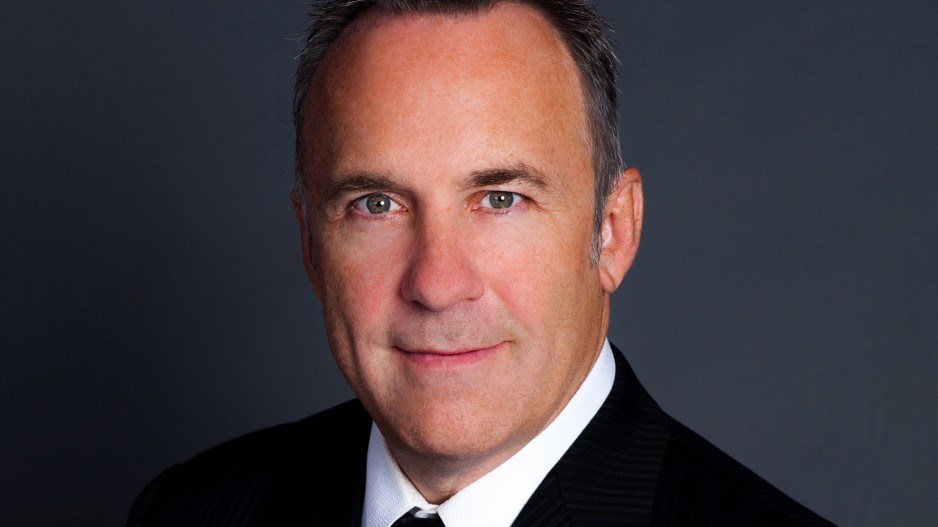No matter what the profession, as leaders we are continually looking for new challenges or projects to champion. It’s in our nature. Time stamps or quarterly reports are often times the lines of demarcation where we judge how we are doing. Although January 1 is simply a date on the calendar, no more or less important than any other date, it is also a chance to seize the opportunity for new direction in leadership. This does not mean that you’ve necessarily done a poor job in the previous calendar year, but we can always do a better job of leading people, no matter how effective we’ve been in the past. Here are a few things that you should be looking at for the upcoming year, which all have potential for continued success.
What are your current and upcoming projects for the new year? I’m hoping that we can all answer that with great certainty; otherwise this may be a problematic year for you. As the team leader, it is crucial that you understand what your project’s priorities are for the upcoming term – and, more importantly, what your leadership’s expectations are for the upcoming term. Your direction should be very well established in your mind prior to meeting with any of your team members or your respective leadership members. Understand clearly where you are going and exactly how you are going to get there. The only caution I emphasize here is to not rush, and to set realistic benchmarks. Do not start the new year off by setting your team up for failure.
Following your own assessment of the new year's priorities, it is now time to engage your team. This is not the time to dictate what “your” projects will look like, but it is the time to share your vision and priorities. Although you may have no flexibility on the priorities, based on your discussion with senior management, you always have flexibility on direction. Your critical path to success of any project will be based on the input of those who will execute the plan. If you are rigid on any portion of the plan, you may get pushback if the team is never engaged. People like to be involved in the planning phase of projects and often times have really good ideas, so use them and make modifications to your direction if applicable.
Self-reflection is always important for leaders. Trying to answer the questions of how am I doing and how can I bet better has generated billions of dollars in revenue for leadership authors, so this must be important. I’m not advocating that you undertake a 360-degree leadership feedback at the start of the new year, but is it possible that you need to? Generally, we know how we’ve done in the previous calendar year and areas where we may have made better decisions or provided better direction. Look at the areas where you have individually failed or where projects have hit snags. As a leader, what was your contribution here? Use the same philosophies as those you’ve employed in the project assessment phase for yourself and make the determination of how you will lead more effectively given the same circumstances. This may be a long process, as it may entail enrolling in courses or reading relevant literature, but it is always worth the effort.
Carpe diem, leaders - or in this case, carpe annum; seize the year. Although January 1is just another day, all we ever want as leaders is for new opportunities to lead our teams in better ways, so why not simply use the new calendar year to do this? Gather your team together and involve them in the concept with a “great time for new positive direction” speech. The key here is to maintain the direction that you’ve decided upon and do not deviate without communicating with your team. Success comes for consistency, so do not give your staff the same-old “New Year speech” and then revert back to proven ineffective ways by January 31. This will ensure failure.
Lead every day. Lead well.
Cam Kowalski is a career security professional who was in charge of aviation security control planning for both the 2010 Winter Olympic Games and the G8 and G20 summits for the RCMP. He is also president of Jetstream Management Group, a Vancouver-based leadership development and project management consulting company. Follow Cam on Twitter @jetstreamteam




